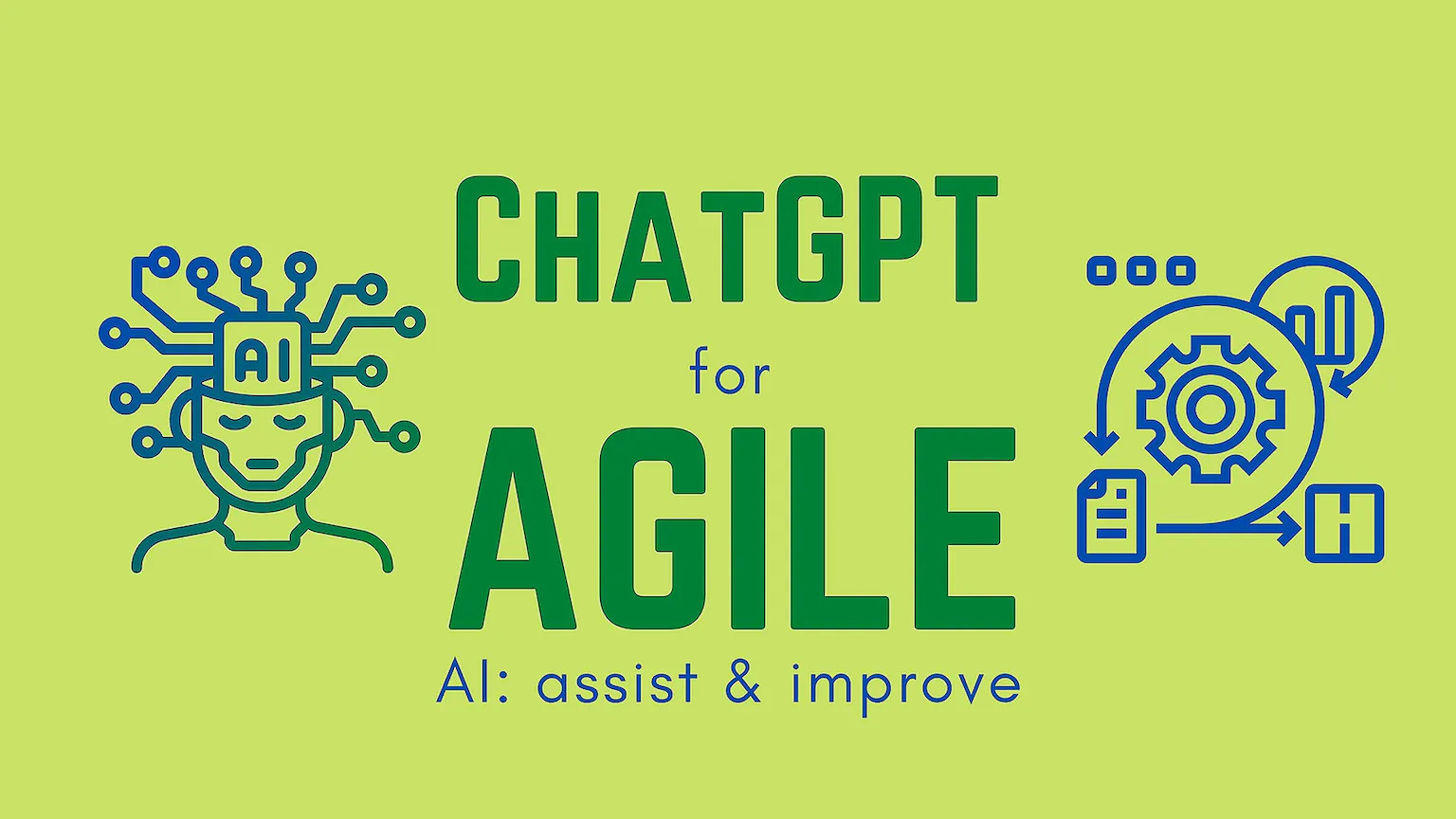Vatsal Shah
Certified ScrumMaster® | Agile Technical Project Manager
Leveraging ChatGPT for Agile Project Planning: A Comprehensive Guide

Introduction:
In the world of project management, the Agile methodology has gained tremendous popularity due to its flexibility, adaptability, and emphasis on collaboration. However, keeping Agile projects on track and ensuring efficient planning can be a complex task. This is where AI-powered tools like ChatGPT come into play, revolutionizing Agile project planning and execution. In this comprehensive guide, we’ll explore how to leverage ChatGPT for Agile project planning, from initiation to successful delivery.
Understanding Agile Project Planning
Agile project planning is a dynamic and iterative process that involves breaking down a project into smaller, manageable tasks known as “user stories” or “sprints.” This iterative approach allows teams to adapt to changing requirements and deliver value incrementally. However, the constant need for communication, prioritization, and decision-making can overwhelm even the most experienced Agile teams.
ChatGPT: Your Agile Planning Assistant
- Idea Generation and Initiation:
- Brainstorming: ChatGPT can assist in brainstorming sessions by generating ideas and potential features based on historical data and industry trends. It helps teams start with a strong foundation.
- Market Research: ChatGPT can provide valuable insights by analyzing market trends, competitors, and customer feedback, aiding in the identification of project opportunities.
- Backlog Management:
- User Story Refinement: ChatGPT can help refine user stories by suggesting clear and actionable acceptance criteria, making it easier for teams to estimate and prioritize tasks.
- Prioritization: When faced with a backlog of user stories, ChatGPT can employ various prioritization techniques and algorithms to recommend which stories to tackle next based on business value and dependencies.
- Sprint Planning:
- Capacity Estimation: ChatGPT can analyze team velocity and historical performance to assist in estimating how much work can be completed in a sprint, ensuring realistic commitments.
- Task Allocation: It can recommend task assignments based on team members’ skills and availability, optimizing resource allocation.
- Daily Stand-Ups:
- Agenda Creation: ChatGPT can generate daily stand-up agendas, prompting team members to share progress, discuss blockers, and coordinate efforts effectively.
- Issue Resolution: When issues arise during stand-ups, ChatGPT can suggest potential solutions based on past experiences and best practices.
- Retrospectives:
- Feedback Analysis: ChatGPT can analyze retrospective feedback and recommend actionable improvements, fostering a culture of continuous improvement.
- Metrics Tracking: It can help teams track key performance metrics, such as velocity, burn-down rate, and cycle time, to assess project health.
Ethical Considerations and Challenges
While ChatGPT can greatly enhance Agile project planning, it’s crucial to address ethical considerations and potential challenges:
- Bias Mitigation: Ensure that ChatGPT’s recommendations are not influenced by biased data, which could lead to unfair prioritization or decision-making.
- Data Security: Safeguard sensitive project data and ensure compliance with data privacy regulations when using AI-powered tools.
- Human Oversight: Maintain human oversight to validate AI-generated suggestions and prevent overreliance on automation.
Conclusion
Incorporating ChatGPT into your Agile project planning process can bring significant benefits, streamlining workflows, improving decision-making, and enhancing overall project efficiency. However, it’s essential to strike a balance between automation and human judgment and remain vigilant about ethical considerations. By harnessing the power of AI, you can take your Agile projects to new heights and deliver exceptional results.
Start your journey to Agile excellence with ChatGPT today!
